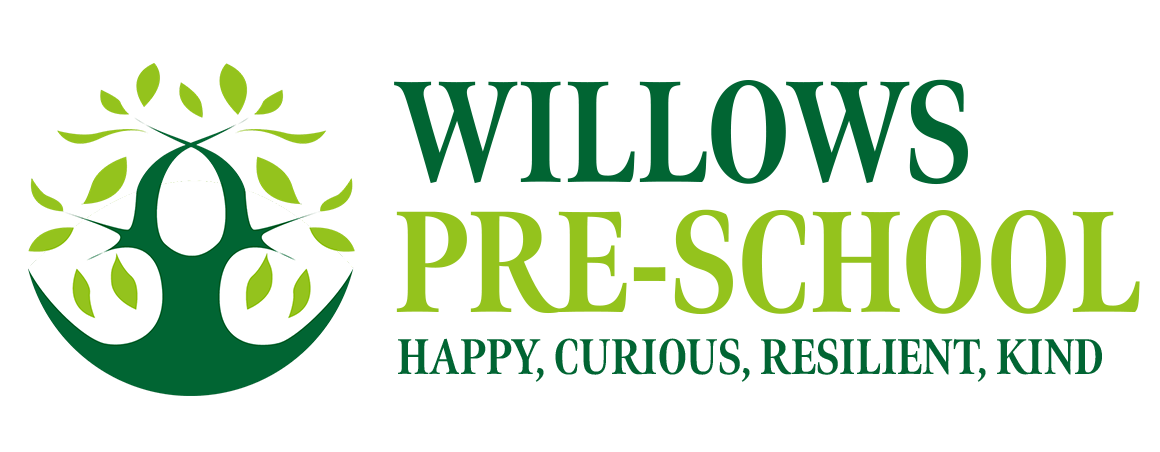There is no single answer to the question of what makes an effective learner. However, there are certain qualities and habits that tend to lead to success in the learning process. First and foremost, effective learners are generally curious and inquisitive. They are always looking to expand their knowledge and understanding, and they are not afraid to ask questions. They also tend to be willing to experiment and take risks. This means that they are not afraid to try new things or challenge themselves in order to learn more. Finally, effective learners are usually very goal oriented. They know what they want to achieve, and they are motivated to put in the hard work necessary to reach their goals. While not all effective learners will necessarily possess all these qualities, these characteristics tend to be indicative of those who are successful in the learning process.
Our Wimbledon nursery, Hammersmith Nursery and Colliers Wood nursery all encourage the development of these characteristics by implementing the Willowsway.
At Willows pre-school, we believe that every child is a unique individual with their own strengths, interests and abilities. We strive to provide an environment where each child feels valued and respected, and where they can engage in activities that are developmentally appropriate. We believe that every child can learn and grow, and we encourage them to use their knowledge to solve new problems, stretching their understanding and growth mindset. When things don’t go as expected, we see it as a learning opportunity for everyone involved.
Resilience is an essential characteristic for happy children. It helps them to cope with difficult situations, and to bounce back from setbacks. It is a quality that can be cultivated and nurtured, an essential quality for young children, who are constantly encountering new challenges and experiences. Resilient children can pick themselves up after setbacks and maintain a positive outlook despite difficulties with that “have a go” attitude.
The early years are a time of great physical, cognitive, and emotional growth, and resilient children are better able to cope with the ups and downs of this period. They are also more likely to develop into well-rounded adults who can manage stress and adversity.
A growing body of research suggests that gratitude is an important contributor to resilience in young children. Gratitude reminds us that, no matter how tough things might be today, tomorrow is always a new day. Willows Cultivates gratitude in your child by being role models in the practice of being grateful. We model an attitude of thankfulness and help your child to find things to be thankful for each day. These could be big things, like a new baby sister or brother, or small ones, like a sunny day or a delicious meal. As your child grows older, continue to encourage an attitude of gratitude by talking about it regularly and supporting their efforts to express thankfulness.
Gratitude reminds us that, no matter how tough things might be today, tomorrow is always a new day. Willows Cultivates gratitude in your child by being role models in the practice of being grateful. We model an attitude of thankfulness and help your child to find things to be thankful for each day. These could be big things, like a new baby sister or brother, or small ones, like a sunny day or a delicious meal. As your child grows older, continue to encourage an attitude of gratitude by talking about it regularly and supporting their efforts to express thankfulness.
By teaching your child the importance of resilience and gratitude, you can help them to build the skills they need to thrive in life.





